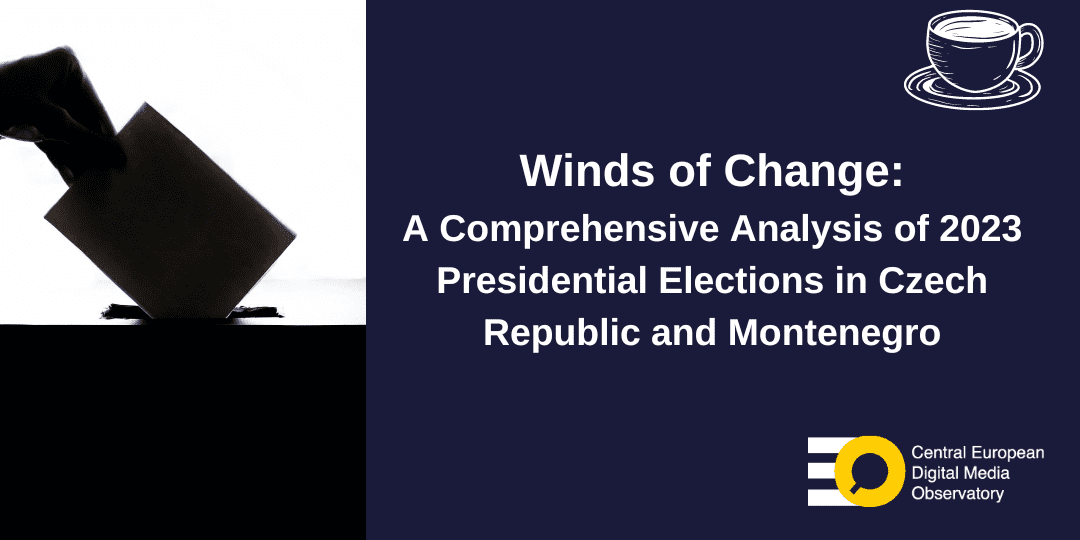
In the first months of 2023, two European countries held presidential elections that, in many ways, could be seen as momentous. First, in January, the Czech Republic put an end to three decades of an almost uninterrupted and progressively more pro-Russian rule of Václav Klaus and Miloš Zeman – the country’s key political power duo – by electing Petr Pavel, a former NATO chief and a political outsider. Then, in April, Montenegro mounted an extraordinary feat when its people voted Milo Đukanović, perhaps the country’s most consequential politician of the last 30 years, out of office and opted instead for Jakov Milatović, a 36-year-old economist and relative political novice.
What were the similarities and differences? And what conclusions can we draw from analyzing elections in the two countries? Read more in the latest Espresso.
Authors: Michal Šenk, Luka Nikolić
